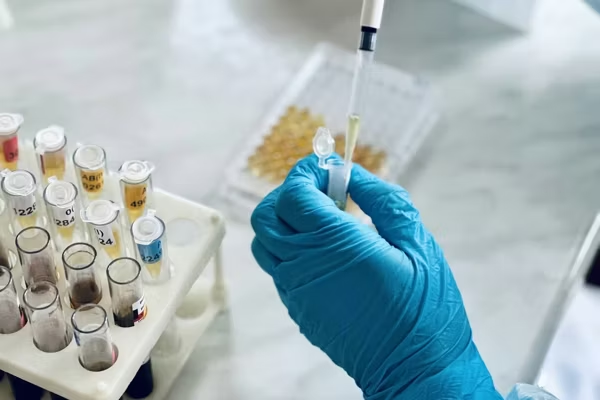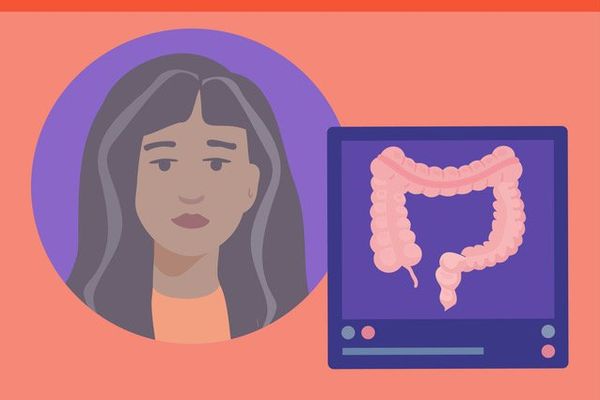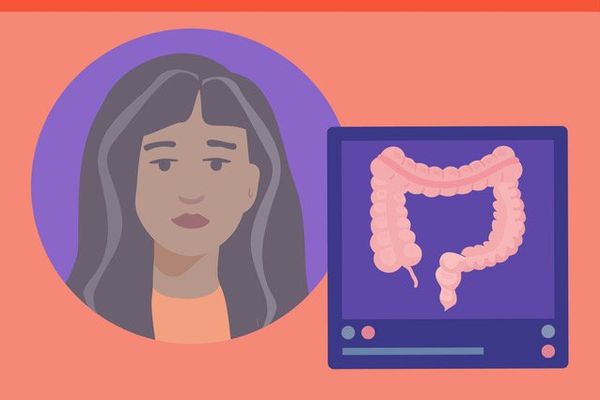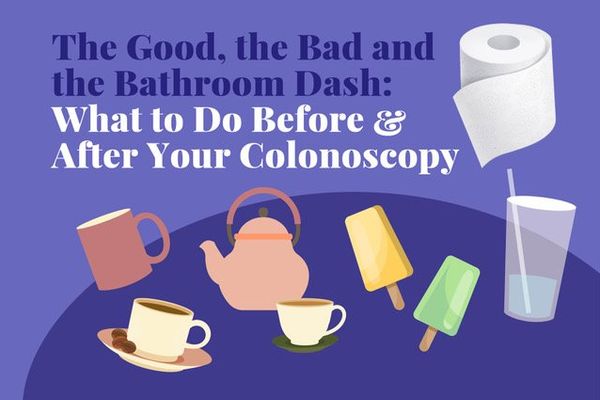Medically reviewed by Robert Nagourney, M.D.
Colorectal cancer — often called colon cancer — occurs when cells in the colon or rectum grow rapidly. The colon is also known as the large intestine or bowel. In the United States, colon cancer is one of the most common cancers. About 1 in 25 women (and 1 in 23 men) develop colon cancer during their lifetimes.
Abnormal growths — called polyps — develop in the colon or rectum. Some of these polyps may develop into cancer over time. Polyps can often be found using screening tests and removed before turning into cancer.
Colon cancer affects people of all racial and ethnic groups and is most often found in people who are age 50 or older.
In 2020, actor Chadwick Boseman died from colon cancer at age 43, which brought important awareness to the fact that there has been a recent increase in the numbers of younger people getting colorectal cancer. Additionally, African Americans are 20% more likely to get colorectal cancer and are 40% more likely to die from it than most racial groups.
This disparity is the result of many factors, but is often related to systemic racism, which impacts the social determinants of health—the nonmedical factors like housing and food that affect a person’s overall health:
- Lack of access to healthcare and medical services, such as colonoscopies
- Lower-paying jobs, which leads to lack of or less comprehensive health insurance
- Unsafe living environments, lack of access to healthy and affordable food, and low-quality education
At what age should you begin getting screened?
Everyone without a family history of colorectal history should begin screenings at age 45. However, if you have certain risk factors, consult your healthcare provider (HCP) about getting screened earlier. The most common screening method for colon cancer is a colonoscopy.
In addition, if you have certain conditions, you may need to be tested younger and more frequently than other people.
These conditions include:
- Crohn’s disease or ulcerative colitis
- Other types of inflammatory bowel diseases
- Lynch syndrome
- A family history of colorectal cancer or polyps, including benign polyposis or hereditary nonpolyposis colorectal cancer
Factors that increase risk include:
- High alcohol use
- Lack of regular physical activity
- Not eating enough vegetables, fruit and fiber
- Eating a lot of fat, processed meats and food with artificial coloring
- Tobacco use
- Obesity
Why do you need to be screened and how often?
Getting screened every five to 10 years can prevent most cases of colorectal cancer because screening allows precancerous polyps to be caught and removed early. Colorectal cancer can be treated when it’s found in early stages.
If you have one or more of the following symptoms, get tested immediately:
- Blood in your bowel movements
- Bleeding from rectum
- Unexplained weight loss
- Ongoing stomach pain
- Change in how often you have bowel movements
How to prepare for a colonoscopy?
It is important to properly prepare for a colonoscopy because the colon needs to be as clean and clear as possible so the doctor can see all potential growths. If the colon is not clean, the doctor may not be able to get a clear view of any growths.
- Several days before the exam, you may need to stop taking blood-thinning medications, including aspirin and other types of medication. Always speak to your HCP before stopping any medications.
- Three days before a colonoscopy, reduce the amount of high-fiber food you eat. For example, avoid beans, vegetables, popcorn, nuts or multigrain bread.
- The day before a colonoscopy, only drink clear liquids and nothing with red or purple coloring. Your HCP will prescribe a bowel-cleaning liquid for you to drink the day before and the morning of the exam. You should not eat or drink anything for two hours before the procedure.
- Last but not least, arrange for a responsible driver to take you home after the procedure once you’re done.
Another option is a screening test that checks your stool for signs of cancer. These tests are easier to have done and can be done at home, but need to be done more often than a colonoscopy (every one to three years instead of every 10 years for a colonoscopy). If your results are abnormal, you will need to have a colonoscopy as a follow-up. These tests can be used if you have an average risk of colorectal cancer. If you have any risk factors, such as previous polyps or a family history, a visual exam, such as a colonoscopy or flexible sigmoidoscopy, is the most effective screening process.
What happens during a colonoscopy?
During a colonoscopy or flexible sigmoidoscopy, the doctor uses a long, thin, flexible, lighted tube to look for growths inside the rectum and colon. Most polyps and certain tumors can be found and removed during the exam. Most of the time, colonoscopies are done while you are sleeping (under sedation), and you will feel no pain.
Follow-up to your colonoscopy
Any polyps you have will be examined under a microscope to check for cancerous cells. Depending upon the results of the biopsy, your HCP will let you know when you need to return for further screening. If the test comes back clear, then you may not need to return for another 10 years.
This resource was created with support from Merck.
- The Importance of Early Detection for Colorectal Cancer ... ›
- Signs of Colon Cancer in Women - HealthyWomen ›
- 10 Things Every Woman Should Know About Colon Cancer ... ›
- Signs You Should Get a Colonoscopy - HealthyWomen ›
- When I was 32, I Was Getting Ready to Marry and Have Kids. Then I Was Diagnosed With Colorectal Cancer. - HealthyWomen ›
- Colon Cancer Screening Options That Aren't a Colonoscopy - HealthyWomen ›
- No If, Ands or Butts: All Things Colon Cancer – Webinar - HealthyWomen ›
- How Fiber Can Reduce Your Risk for Colorectal Cancer - HealthyWomen ›
- En qué forma la fibra puede reducir tu riesgo de cáncer colorrectal - HealthyWomen ›
- The Connection Between Young Adults and Colon Cancer - HealthyWomen ›
- La conexión entre adultos jóvenes y el cáncer de colon - HealthyWomen ›
- Tips for a Better Colonoscopy - HealthyWomen ›
- We Need to Talk About Colorectal Cancer - HealthyWomen ›
- Facts About Colon Cancer - HealthyWomen ›
- How to Prepare for a Colonoscopy - HealthyWomen ›
- Verdadero o falso: Cáncer de colon - HealthyWomen ›
- Cómo prepararse para una colonoscopía - HealthyWomen ›
- Colorful Sweets May Look Tasty, but Some Researchers Question Whether Synthetic Dyes May Pose Health Risks to Your Colon and Rectum - HealthyWomen ›
- Signs You're Not Getting Enough Fiber - HealthyWomen ›
- WomenTalk: Colorectal Cancer in a New Generation - HealthyWomen ›






